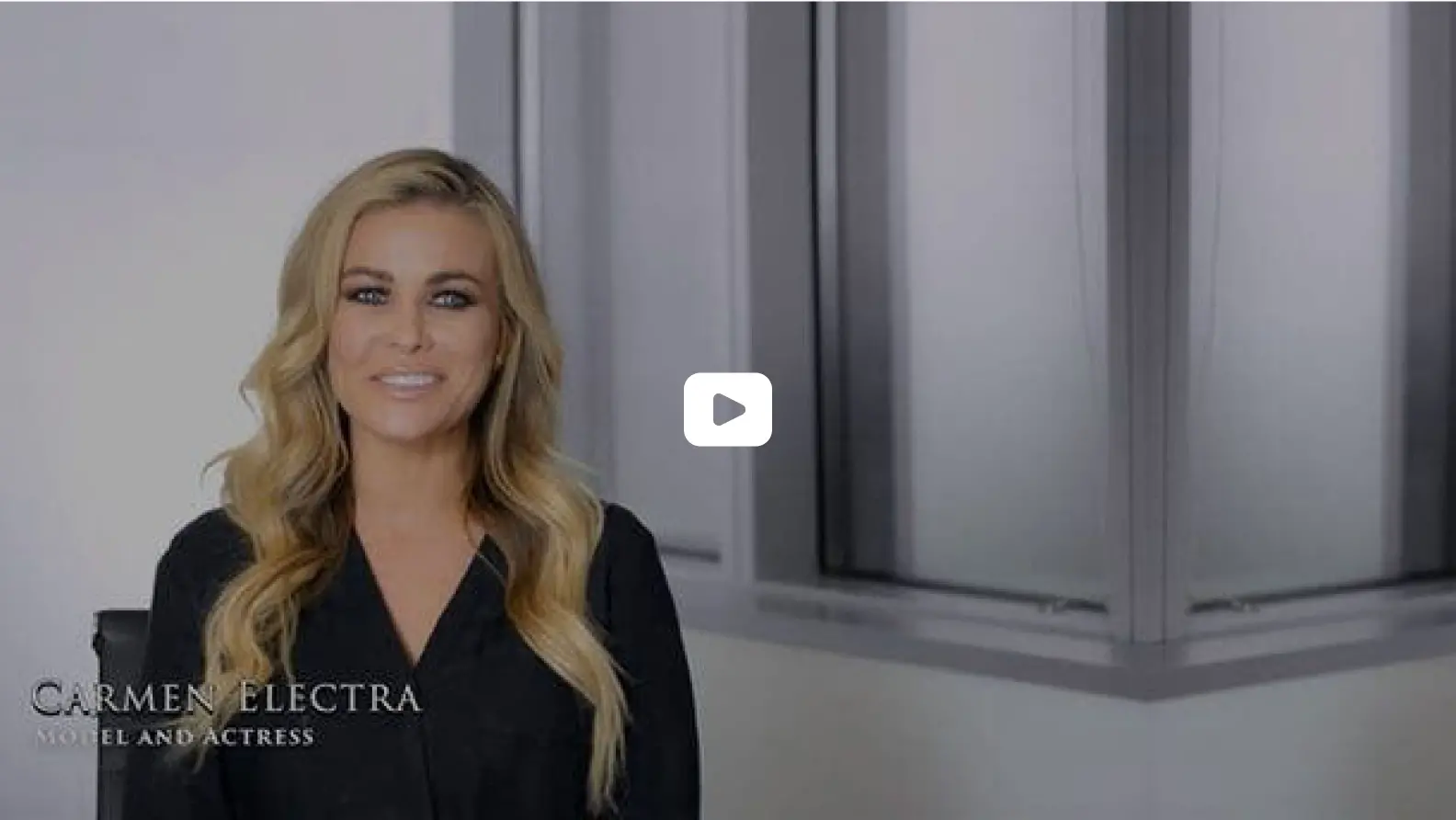
Loved Ones Suing for Wrongful Death
Who Can File a Wrongful Death Lawsuit for the Loss of a Loved One?
If a loved one has been killed by the wrongful act or negligence of another person, you may be entitled to file a wrongful death claim and recover compensation.
The California Code of Civil Procedure specifies the category of persons that will be entitled to bring a wrongful death suit. Only a suit brought by this category of persons is considered competent in law. Despite this clear provision of the law, it can often be a difficult task understanding if you fall within the category of those entitled to bring a wrongful death claim.
If you have lost a loved one due to wrongful death and are seeking legal assistance, our qualified Los Angeles wrongful death attorneys at West Coast Trial Lawyers are available 24/7 to review your claim. With our track record of recovering more than $1 billion in settlements for our clients, we are confident that we will deliver a good outcome to your case.
To schedule a free consultation at our Los Angeles personal injury law firm, please contact our 24/7 legal team by calling 213-927-3700 or filling out our quick contact form.
Filing a California Wrongful Death Lawsuit
Wrongful death lawsuits are different from other kinds of personal injury lawsuits as they are pursued on behalf of the survivors of a person that was wrongfully killed.
Typically, in personal injury lawsuits, only the person who was injured can sue. For instance, if a person was hit by a car, the general rule is only the person hit by the car can sue. This means that a survivor would not ordinarily be able to sue for a wrong that was not done to them. The law is that you can generally sue only for what is done to you personally.
However, in wrongful death lawsuits, the law provides the right of a survivor of the deceased (a person wrongfully killed) to sue for relief. So, you are entitled to sue the person that wrongfully caused your loved one’s death, as a matter of right. This is what is termed as a “cause of action” on the part of the deceased’s survivors.
The basis for allowing wrongful death lawsuits is found in the serious difficulty that the death of a loved one can have on spouses or the family they left behind. Often, the death would result in direct and indirect hurt, loss, and difficulty on the part of the survivors.
It is however important to note that there may be instances where it is necessary to file a survivor action alongside a wrongful death lawsuit. Although, the wrongful death lawsuit is different from a survival action.
While a wrongful death claim is a lawsuit initiated by the survivor of a decedent on behalf of themselves, a survival action is brought on behalf of the decedent’s estate. This means that survival actions are essentially brought on behalf of a deceased loved one.
A survival action will be brought by the personal representative of the decedent’s estate if the decedent survived for any length of time after sustaining their injuries. It is often done in order to recover damages for pain and suffering caused to the decedent or even for lost wages.
Instances where a survival action may be necessary include cases where a victim made it to the hospital, but never regained consciousness. Your qualified wrongful death attorney will be able to help you understand when a survival action will be necessary and how to go about it.
Individuals That Can File a Wrongful Death Claim
As mentioned earlier, there is a limited category of persons that can validly file a wrongful death claim in court. The California Code of Civil Procedure expressly lists out these individuals in § 377.60.
The individuals that can file a lawsuit are often determined by those that can inherit the decedent’s belongings after their death. They would ordinarily only be able to sue in order of priority, as listed below:
- The surviving spouse: The decedent’s spouse is often the first person recognized to have the capacity to sue.
- Children or issue of the decedent: Where there is no spouse or if the spouse is unwilling or unable, the children can sue. There is no requirement that these can be only children from the decedent’s latest marriage. Any child of the decedent can sue.
- Dependent minors: It is possible in certain situations where the decedent is married that both they and their spouse died. In this case, their minor children who have lived in the decedent’s home for at least 6 months can sue.
- The putative spouse: A putative spouse is one that has not been shown to be legally married to the decedent. Under the law, this may be the surviving spouse of a void or voidable marriage that is found to have believed in good faith that the marriage was valid. Such a spouse may also sue.
- Children of the putative spouse: If it is shown that the children of the putative spouse are financially dependent on the decedent, they may also sue.
- Stepchildren of the decedent: Where it is demonstrated that the stepchildren were financially dependent on the decedent, they may sue, as well.
- Parents of the decedent: If the parents of the decedent can demonstrate economic reliance or dependence on the decedent, they will also be entitled to sue. For instance, if they can show that the decedent was an important source of household support for them before their death.
- If there is no surviving spouse or issue: In this situation, anyone who would be entitled to the property of the decedent by intestate succession can sue. This widens the pool of potentially eligible persons to include siblings, aunts, uncles, nephews, nieces, or any other person that may stand a chance of inheriting the decedent.
If your capacity to sue is clear, from the individuals listed under this code, then you would have no difficulty. However, some circumstances may arise that can make it difficult to determine where you fall and what your rights are. For instance, if you were newly divorced from the decedent or if you were in a state of separation.
West Coast Trial Lawyers Is Here to Help
If you have lost a loved one due to negligent actions committed by another party, our expert team of wrongful death attorneys at West Coast Trial Lawyers will help you recover compensation for damages you have suffered. This includes medical expenses, lost wages, emotional distress, pain and suffering, and more.
Contact us today by calling 213-927-3700 or filling out our contact form to schedule a free, no-obligation consultation with our knowledgeable, caring, and compassionate legal team.



